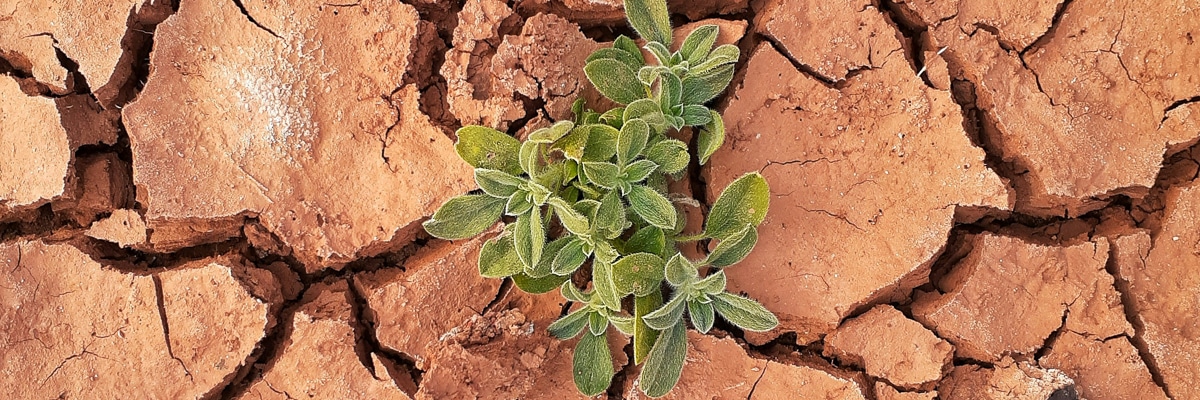
The earth was entrusted to us in order that it be mother for us, capable of giving to each one what is necessary to live.…The earth is generous and holds nothing back from those who safeguard it. The earth, which is mother of all, asks for respect, not violence.
—Pope Francis, Our Mother Earth
In his new book Life After Doom, CAC Dean of Faculty Brian McLaren names the anxiety many feel when acknowledging the suffering of the Earth:
You woke up again this morning with that familiar un-peaceful, uneasy, unwanted feeling. You wonder what to do about it. You suspect that if you pay attention to it, it will unleash some inner turmoil….
It’s anxiety that we feel, yes, and a tender, sweet, piercing sadness, not just for ourselves, but also for everyone and everything everywhere, all at once.… We feel this doom because we are awake, at least partially awake.…
The open secret of doom finds us everywhere. Trees tremble as they tell us about it, weeping. Water whispers it to us. Birds and insects testify about it through the heartbreaking silence that speaks of their absence. Forgotten forests, bulldozed into shiny new housing developments, haunt us like ghosts. Even though politicians try to distract us with their daily gush of hot air, the scorching winds of a destabilized climate breathe the chilling truth down our necks.…
Here’s one thing I’ve learned already: when you dance with doom, doom changes you.
Yes, it can change you for the worse…. But the dance can also change you for the better, leaving you more humble and honest, more thoughtful and creative, more compassionate and courageous … wiser, kinder, deeper, stronger … more connected, more resilient, more free, more human, more alive. [1]
Reflecting on the apocalyptic literature of the Bible, Richard Rohr reminds us that there is a purpose to naming what can feel like the end of times:
Apocalyptic means to pull back the veil, to reveal the underbelly of reality. It’s meant to shock. Apocalypse is for the sake of birth, not death. In Mark 13, Jesus says “Stay awake” four times in the last paragraph (Mark 13:32–37). In other words, “Learn the lesson that this has to teach you.” It points to everything that we take for granted and says, “Don’t take anything for granted.” An apocalyptic event flips our imagination and reframes reality in a radical way.
We would have done history a great favor if we would have understood apocalyptic literature. It’s not meant to strike fear in us as much as a radical rearrangement. It’s not the end of the world. It’s the end of worlds—our worlds that we have created.
Our best response is to end our fight with reality-as-it-is. We will benefit from anything that approaches a welcoming prayer—diving into the change positively, preemptively, saying, “Come, what is; teach me your good lessons.” Saying yes to “What is” ironically sets us up for “What if?” [2]
References:
[1] Brian D. McLaren, introduction to Life after Doom: Wisdom and Courage for a World Falling Apart (New York: St. Martin’s Essentials, 2024), 1, 2, 3, 4, 8.
[2] Adapted from Richard Rohr, “This Is an Apocalypse,” in The Call to Unite: Voices of Hope and Awakening, ed. Tim Shriver and Tom Rosshirt (New York: Viking, 2021), 54–55.
Image Credit and inspiration: Renzo D’souza, death and new life (detail), India, 2020, photo, Unsplash. Click here to enlarge image. How can we care for the tender seedlings on the parched soil of our beloved earth?
Story from Our Community:
The theme of Radical Resilience really resonates with me this year. Amid multiple surgeries, the deaths of several dear friends, and other unrelated crises in my life and in the world, I find hope in the possibilities of holding in tension these unresolved issues. I am coming to accept that I do not have to rush to find the immediate resolution. I can learn to wait, knowing I am held by God in the midst of it all. —Linda J.




